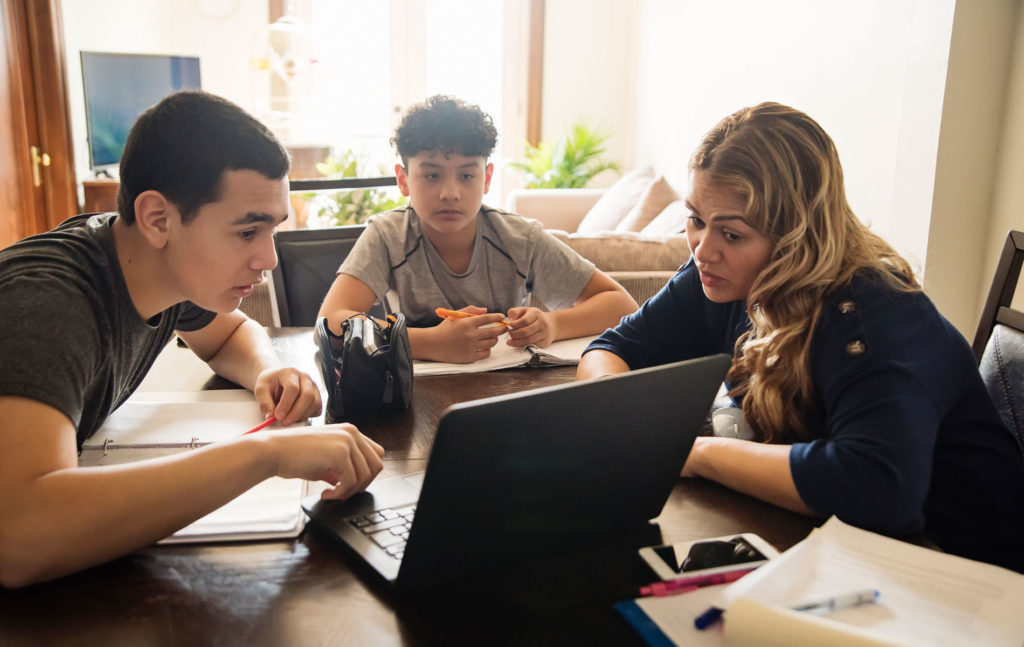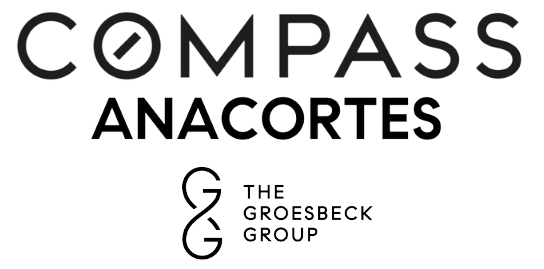
Homeschooling is gaining momentum in the country. In Washington state alone, over one million kids homeschool.
And with schools closed due to the pandemic, you’ve probably wondered if home-based education is right for your family. If so, we’ve prepared this easy-to-understand but comprehensive explainer for you:
Know the compulsory school age
Believe it or not, parents are given a lot of latitude when it comes to homeschooling their kids. But one aspect they must comply with is the compulsory school age, which is from 8 to 18 years old. Of course, you are free to teach your kids the ABCs and 123s at an earlier age, but you must officially declare that they will be homeschooled by eight years old (more on this later).
Be qualified to teach
You may have aced your classes in college, but that doesn’t necessarily mean you’re fit to instruct your kids—you’ll have to earn that qualification.
If you have 45 college quarter credits or 30 college semester credits, you’ll typically be allowed to homeschool kids. You can also complete a home-based education course from a technical vocational school or a tertiary-level institution.
Other parents choose to partner with educators or schools. One option is to enlist a credentialed educator, who will help supervise the teaching and provide at least one hour of interactive instruction for your child. Another is to look for a private school that allows households to operate an extension of their program. Of course, the school will evaluate your suitability as a parent-teacher and you will have to strictly follow their program.
Last but not the least, you can approach your area’s school district superintendent and ask them to certify you as “sufficiently qualified” to provide home instruction.
File a notice of intent
Because of compulsory education laws, all school-age minors between 8 and 18 must be accounted for. Hence, parents must notify the local superintendent that they will homeschool their kids, lest the school board wonder if your child is not being afforded a basic education. The notice must be filed by September 15 or two weeks after the start of a public school quarter, trimester, or semester (check with your local school board if the pandemic has affected timings.) Note also that this notice must be filed every year. The declaration must include your child’s name and age, and whether a certified person will supervise instruction.
Know the core subjects
Washington state prescribes at least 180 days of instruction per year or a minimum of 1,000 hours of teaching. Parents must ensure that the following core subjects will be taught: occupational education, science, math, language, social studies, history, health, reading, writing, spelling, and art and music appreciation.
If you’re worried about crafting a learning plan, don’t fret: there are many turn-key curriculums available, from those with a creative slant to Christian-based studies.
How do you choose which curriculum is best for your child? Here are some considerations:
- Learning style. Different kids have different learning styles. Some grasp concepts better with visuals, while others learn through music.
- Interests. Some kids may find interest-led curriculums more engaging because their studies are built-around a topic or interest they already love.
- Grade level. Not all students learn at the same pace. When choosing a curriculum, make sure it fits the grade level your child is at rather than the grade level you think they should be.
Conduct annual assessments
Homeschooled kids, just like their public or private school counterparts, must take standardized exams to measure their educational accomplishments. Unfortunately, this isn’t something parents can administer themselves—they must work with either a certificated instructor or a qualified proctor from a state-accredited test publisher. You needn’t submit the results to the school board, but they must be kept as part of your child’s permanent school record.
Keep records diligently
To prove that your child has received a proper basic education, you must keep a detailed record of their learning progress. This includes their attendance, test results, completed school work, textbooks used, and correspondences with school officials. Aside from complying with local laws, keeping a homeschool transcript is important as universities, employers, and government agencies will often ask for educational records as part of their background check.
In the “new normal,” more and more parents will rethink how basic education should be delivered. If you’re a parent considering home-based schooling, the information above should give you a headstart.
For more on Washington living, trust only The Groesbeck Group. Whether you’re looking at living in La Conner, WA or wondering about the cost of living in Anacortes, WA, we’ve got the answers. Just call 360.899.5027 or send an e-mail to Info(at)JeanGroesbeck(dotted)com for more information.

